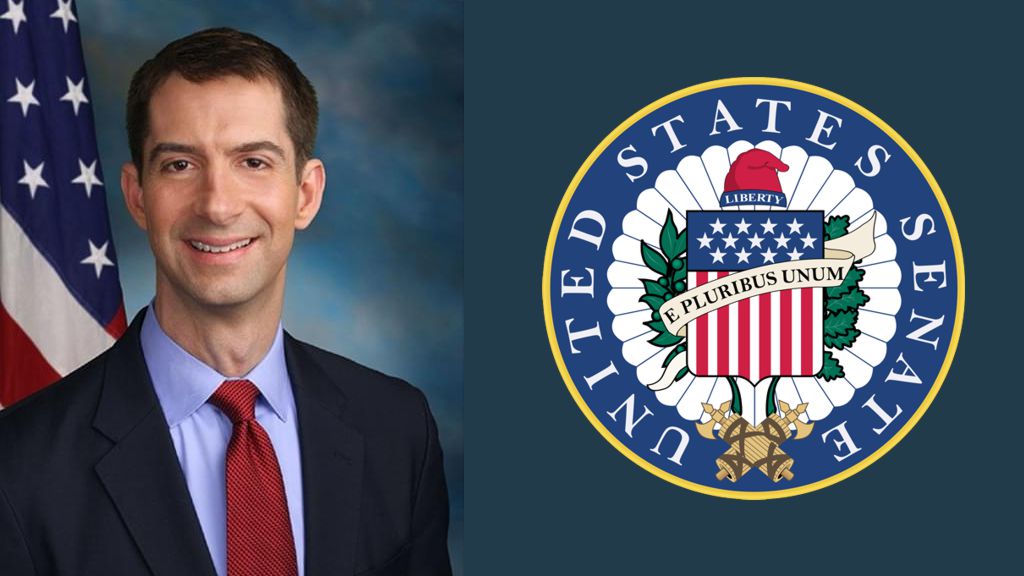An election official from an Arizona county has resigned after allegations of voter irregularities and a ballot shortage on primary elections day.
The Pinal County government confirmed that “David Frisk is no longer in the position of Elections Director and is no longer employed by Pinal County” in a statement on Thursday–two days after Arizona’s primary election day—after a shortage of ballots on primary election day and thousands of early ballots were sent to the wrong voters leading up to the primaries.
Frisk was in charge of ordering the right number of ballots for primary election day, Jeffrey McClure, Chairman of the Pinal County Board of Supervisors, told reporters in a press conference on Wednesday.
“I’m not sure how the ballot shortage happened,” McClure said. “We opened the boxes, and there weren’t enough ballots.”
“As a Board, we are deeply embarrassed and frustrated by the mistakes that have been made in this primary election,” McClure said in a Thursday statement, “and as such, we are taking immediate steps to ensure the November election runs smoothly, as elections in Pinal County have historically done prior to this primary.”
The Arizona primaries on Tuesday included Republican races for the U.S. Senate, U.S. House, secretary of state, the state legislature, and the high-profile gubernatorial race between Kari Lake and Karrin Taylor Robson.
Ballot Shortage
The Pinal County confirmed the ballot shortage late Tuesday, citing an “unprecedented demand for in-person ballots” causing “a ballot shortage in certain, limited precincts.”
The county said it continued to print ballots and distributed them to the affected polling site during primaries day.
Pinal County Attorney Kent Volkmer during the press conference that approximately 25 precincts, each with a single voting station, out of 95 precincts were affected by the shortage. Volkmer added that about 750 out of 50,000 voters were affected.
When asked if the volume of ballots were sufficient to impact any results of the race, Volkmer said it is a “difficult question,” noting that only 10 votes were used to separate winners in some municipal races.
By Gary Bai








